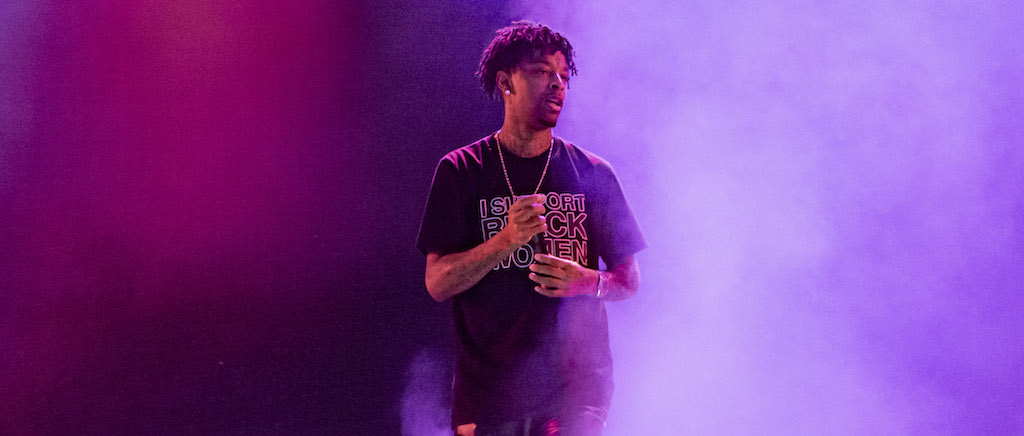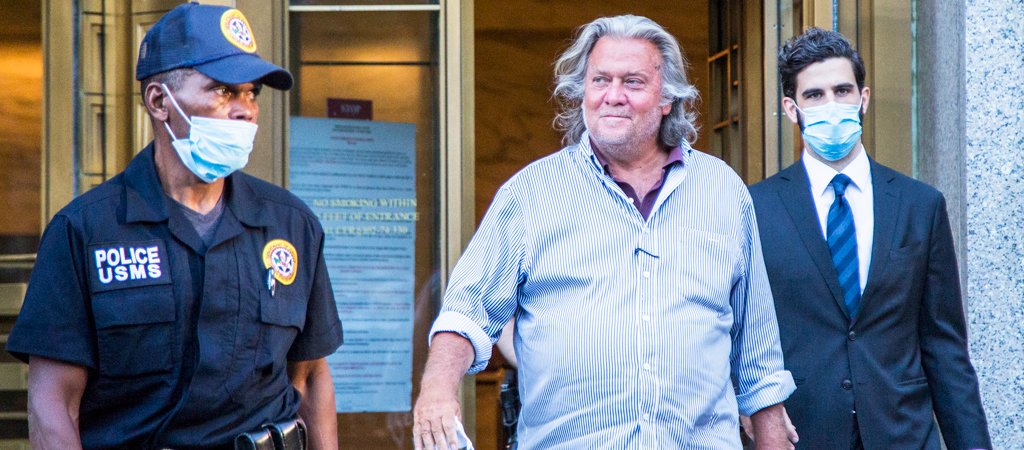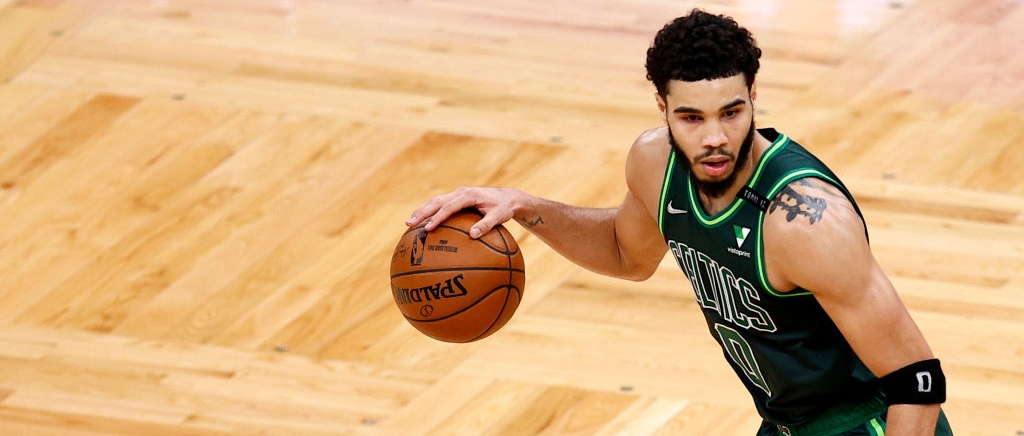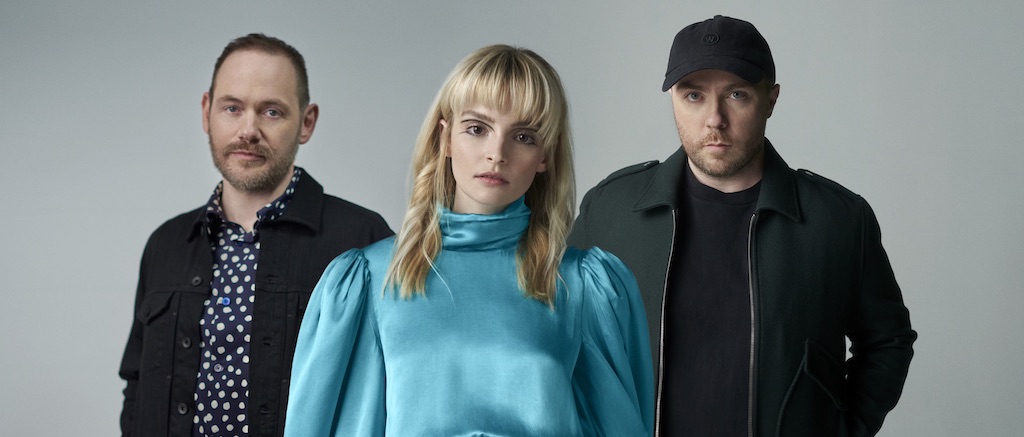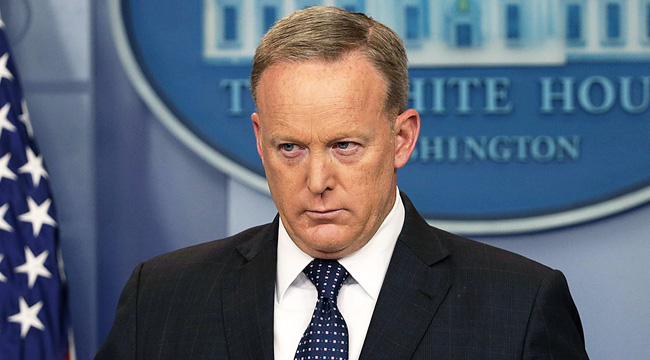
Earlier this month, former Dancing With the Stars contestant—and, oh yeah, once-upon-a-time press secretary for Donald Trump—spent some time whining about how the mean ol’ Joe Biden administration was planning to strip him of his position on the board of the Naval Academy. It’s a prestigious role, and one handed over to him in early 2019 by the former president, probably as a bonus for keeping to his inauguration crowd size lie for all those years.
Shockingly, Biden and company don’t seem to consider an undying allegiance to Trump the most important qualification to serve on the board of our country’s military academies, so set about asking the doltish likes of Spicer and Kellyanne Conway to resign their positions, or be fired. Spicer chose the latter. And now, alongside former Director of the Office of Management and Budget Russ Vought, is suing the Biden administration for threatening to remove them from their appointed positions.
As CNN reports, “The lawsuit, filed Thursday in the US District Court in DC, alleges that the pair is being unlawfully threatened with removal from the board to which President Donald Trump had appointed them in the latter half of his presidency. Both were appointed to three-year terms.”
When previously asked why Team Biden wanted Trump’s lackeys out, White House press secretary Jen Psaki explained that it was to “ensure you have nominees and people serving on these boards who are qualified to serve on them.”
But don’t tell Spicer that! The first thing the lawsuit does is lay out the pair’s qualifications… and it reads as if Spicer may have written it himself:
“Plaintiffs Sean Spicer and Russ Vought were appointed to the United States Naval Academy Board of Visitors by former President Donald J. Trump. Mr. Spicer served for 22 years in the United States Navy Reserve and earned a master’s degree in national security and strategic studies from the Naval War College. He has held leadership positions in multiple presidential administrations. Mr. Vought previously served as the Director of the Office of Management and Budget.”
Wow—way to really sell the courts on Vought’s qualifications there!
As for what they’re seeking to gain? Just not being fired, presumably. Which seems like a lot of wasted time and paperwork just for Spicer to save face, considering that his term ends on December 30, 2021—three months from now.
You can read the full lawsuit here [PDF].
(Via CNN)

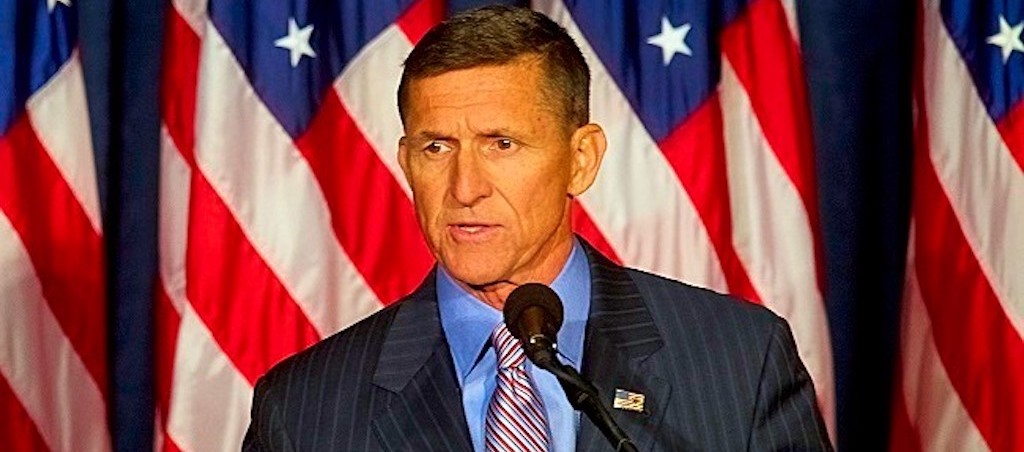

 KC in the SC
KC in the SC